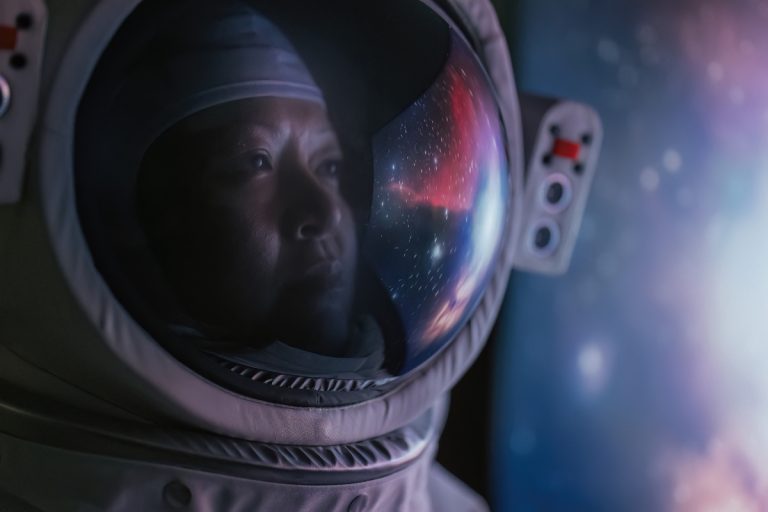NASA is investing in an experiment to study animal hibernation in microgravity, with the aim of using future technology to enable astronauts to sleep or rest for most of their flight. This technology could be useful in maintaining health and conserving resources during long journeys to distant destinations such as Mars.
The idea is based on the fact that spending time in microgravity has known health effects on the human body, and the more time astronauts spend in those conditions, the greater the uncertainty. A trip to Mars, for example, would take at least six months under the best conditions.
On Earth, many animals, from bears to hedgehogs, hibernate, literally sleeping for months at a time to survive the winter (although to varying degrees of severity). The theory goes that if scientists can harness this power, perhaps they could enable humans to enter deep rest or sleep for months on board a spacecraft as they travel to Mars or even beyond.
But until now, no one has studied how microgravity affects hibernation in animals, which is a fundamental question that NASA needs to answer before it can try to do anything similar in humans.
The experiment NASA is investing in is called the Study of Hibernation in Animals for Space Health in Humans, which is being developed by the BioServe Space Technologies School of Engineering and Applied Science at the University of Colorado, Boulder. Ryan Springer and biotech company Fauna Bio Inc are at the helm.
The study will include two hibernation chambers to house the rodents at cold temperatures designed to induce extreme torpor. While there, the rodents' metabolism, oxygen and heart rate will be measured, and after the study is completed, the researchers will look at whether hibernation protects the animals from losing bone or muscle mass, a side effect of living in microgravity.
In the proposal, Springer wrote that “during a manned mission to Mars, human artificial hibernation could serve as a relevant countermeasure that would change everything for space exploration.”
“Research conducted with STASH will be an essential first step toward gaining basic knowledge about the ability of hibernation to reduce the health risks of space,” Springer said, referring to the idea that it might be possible to develop drugs to mimic the protective effect of hibernation in space. The future too.
“This knowledge will benefit the development of both biomimetic drug countermeasures and the future infrastructure needed to support hibernating human astronauts participating in interplanetary missions.”


